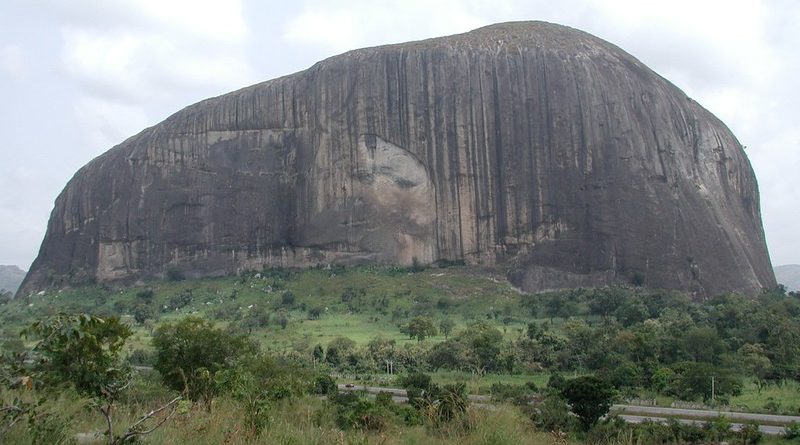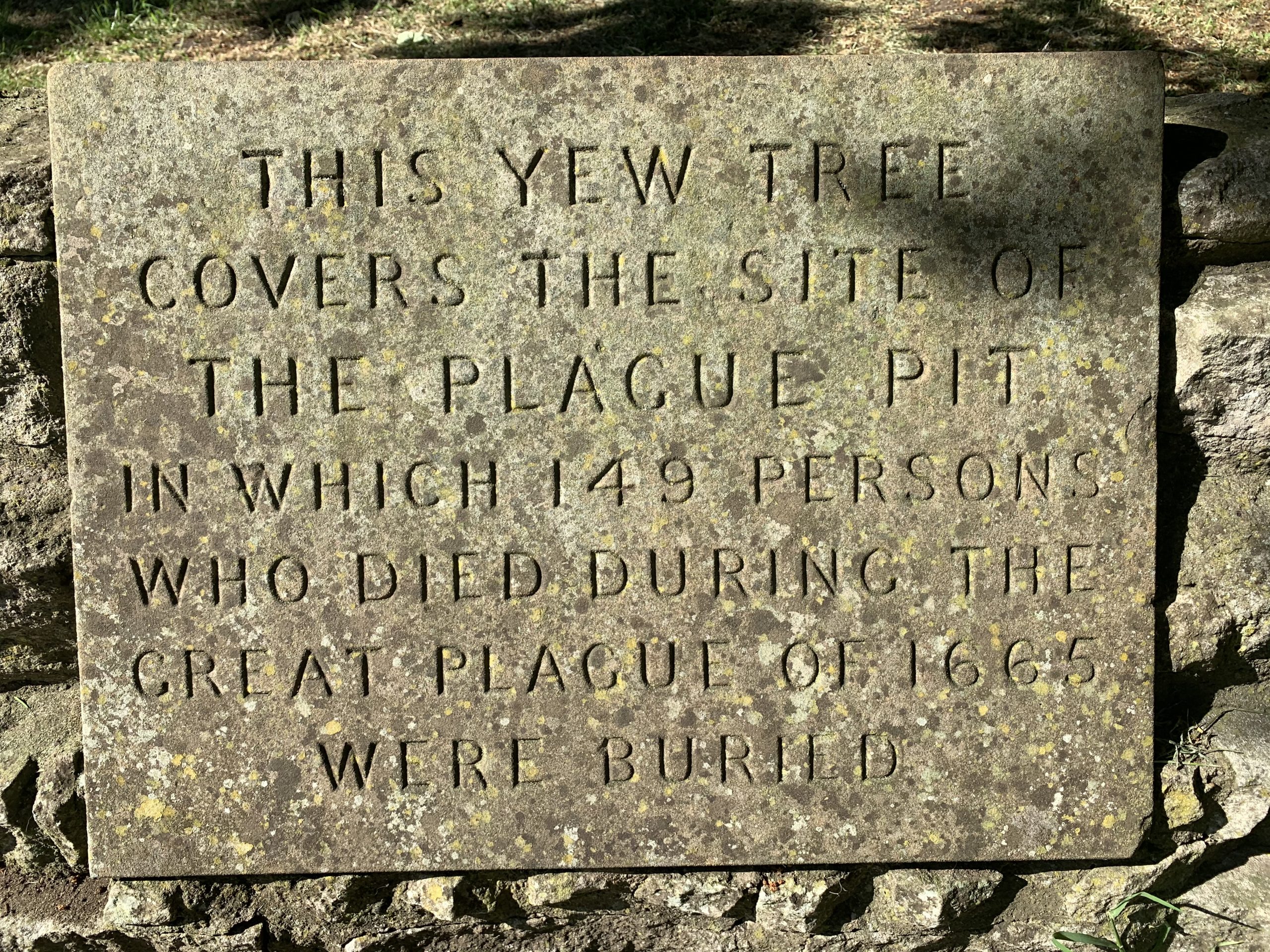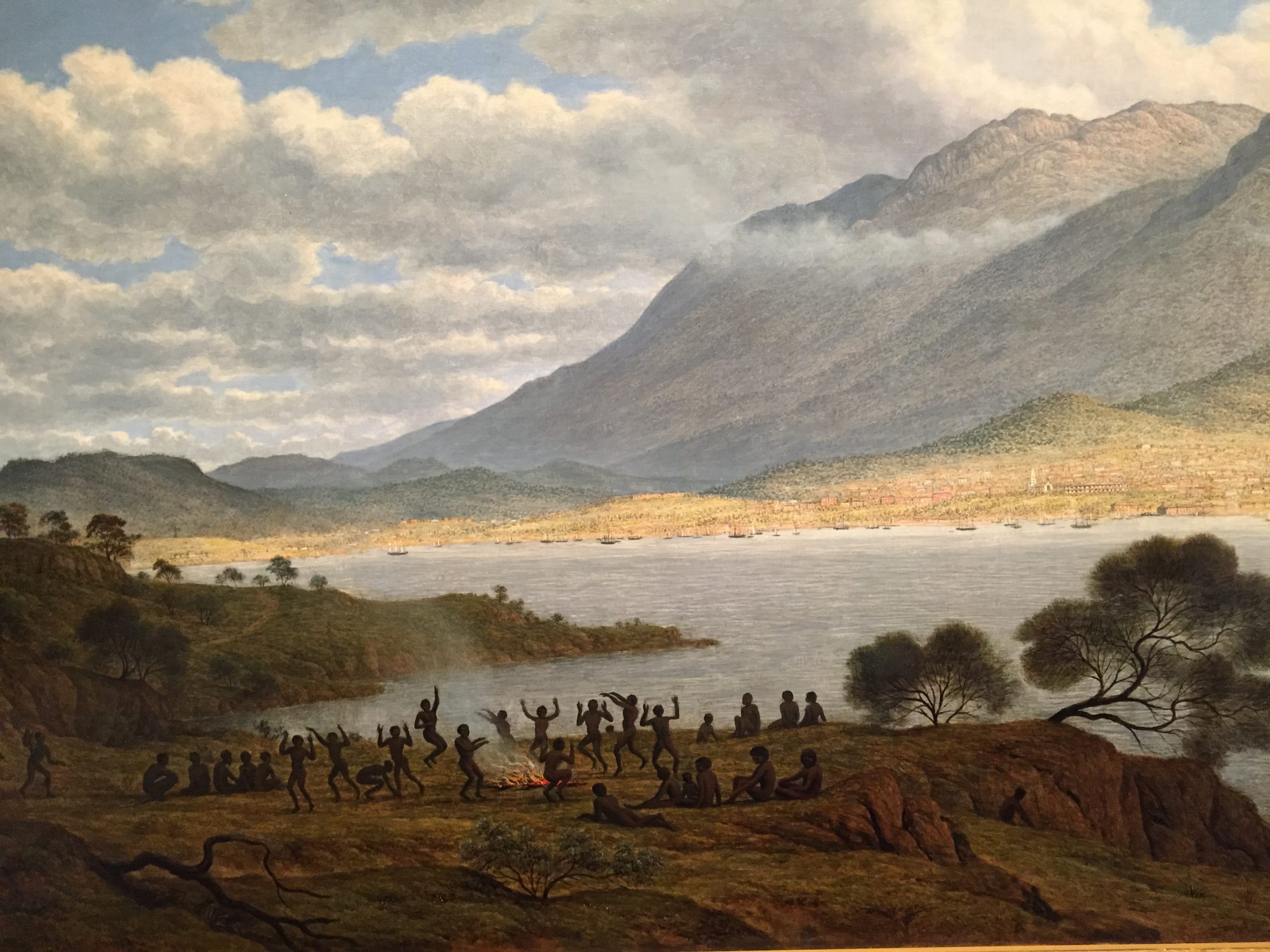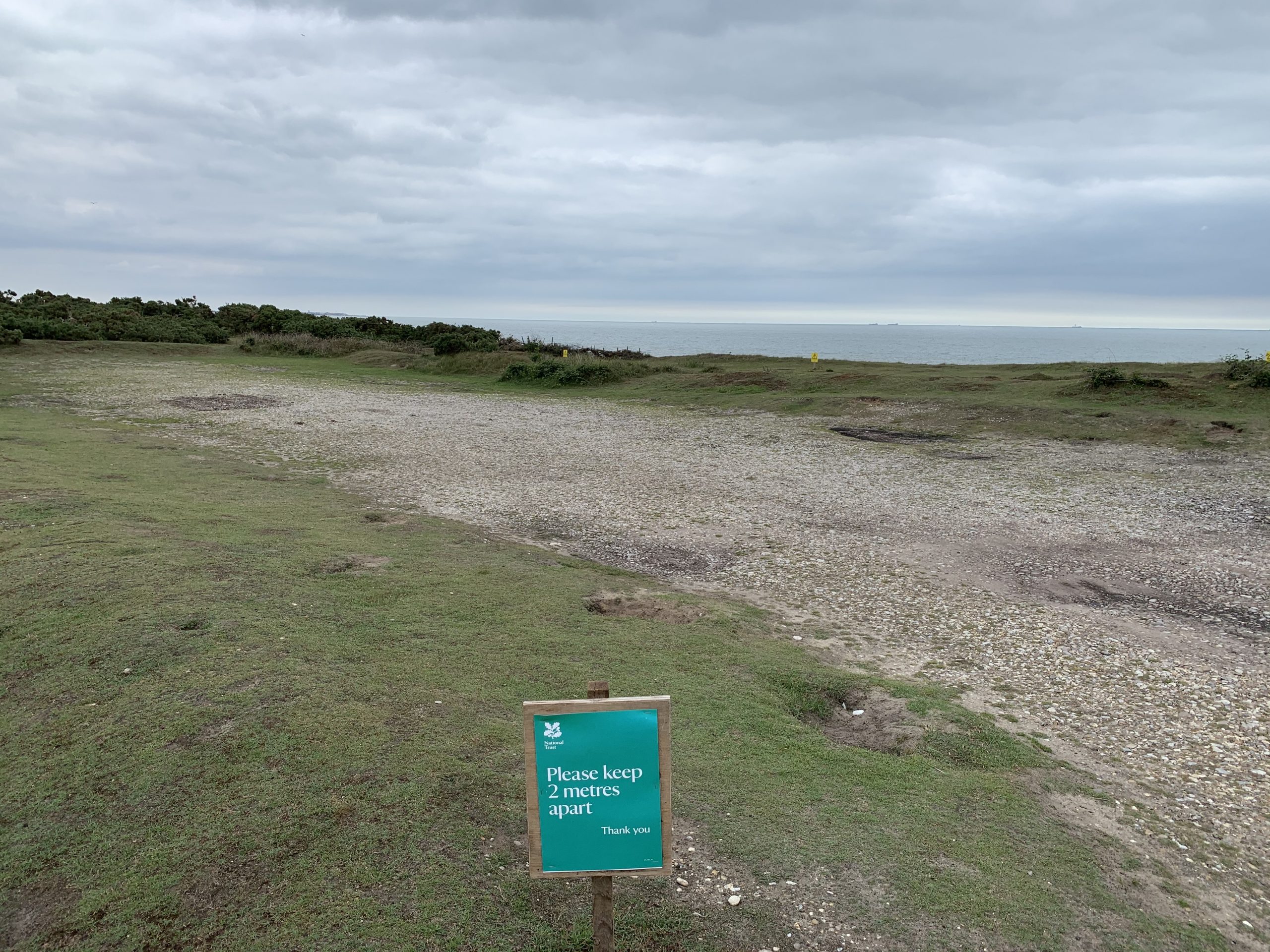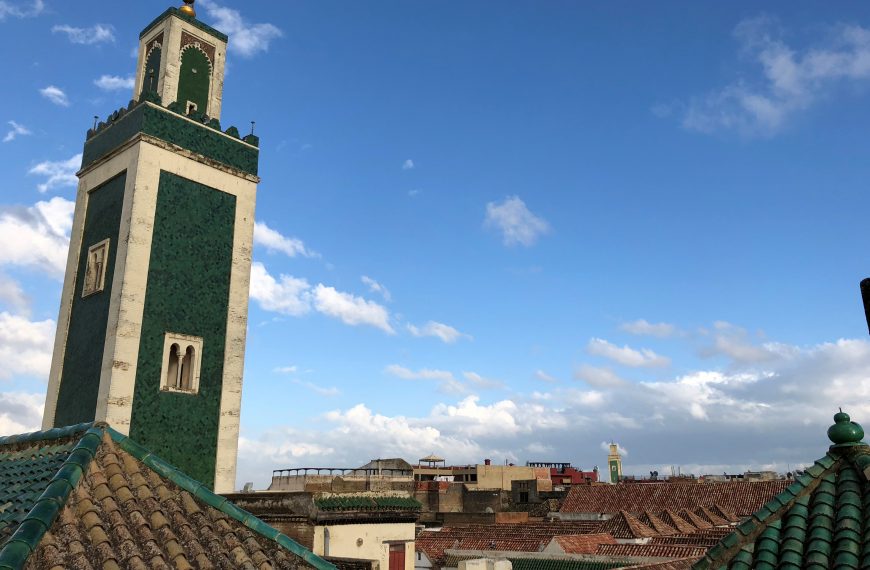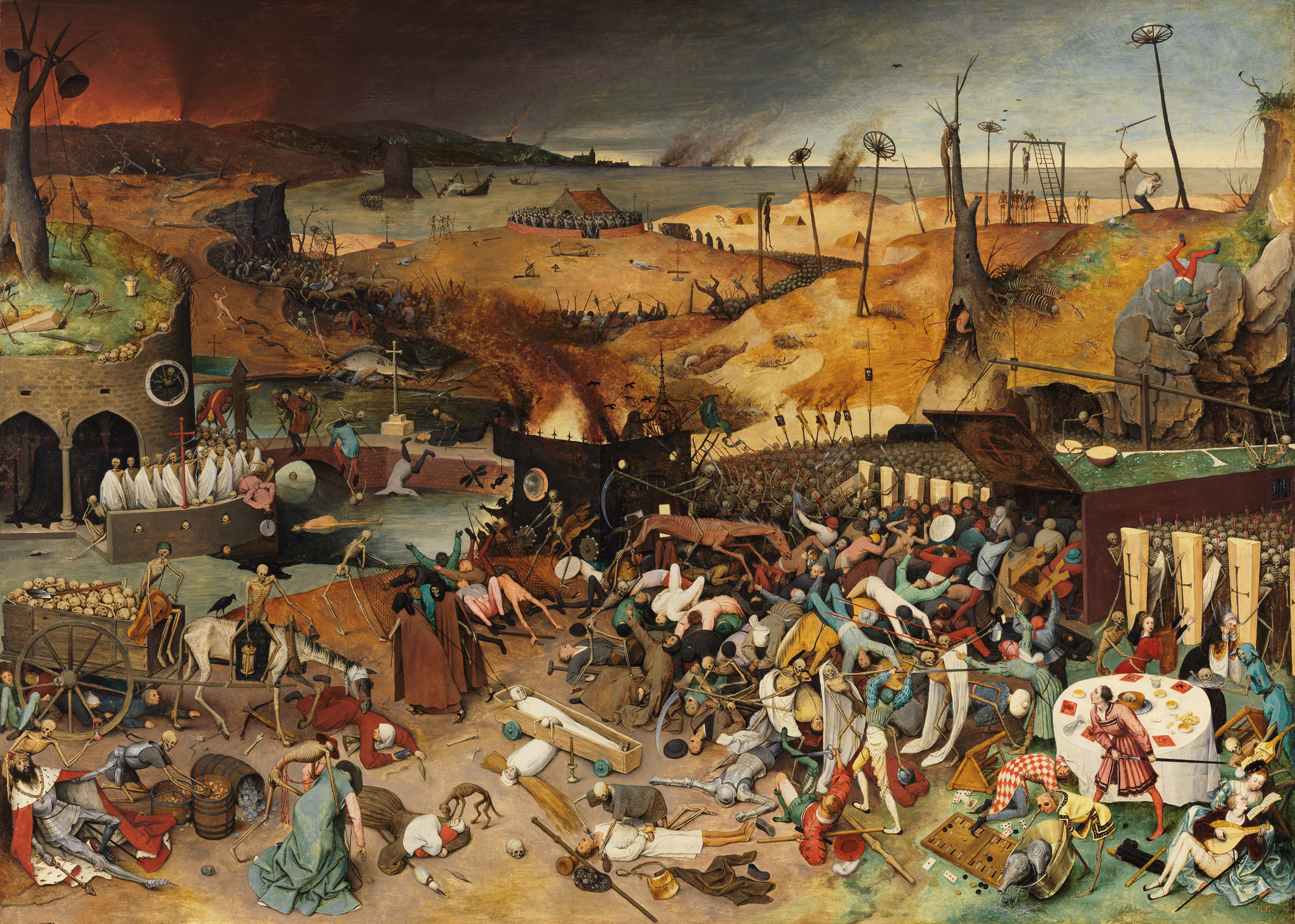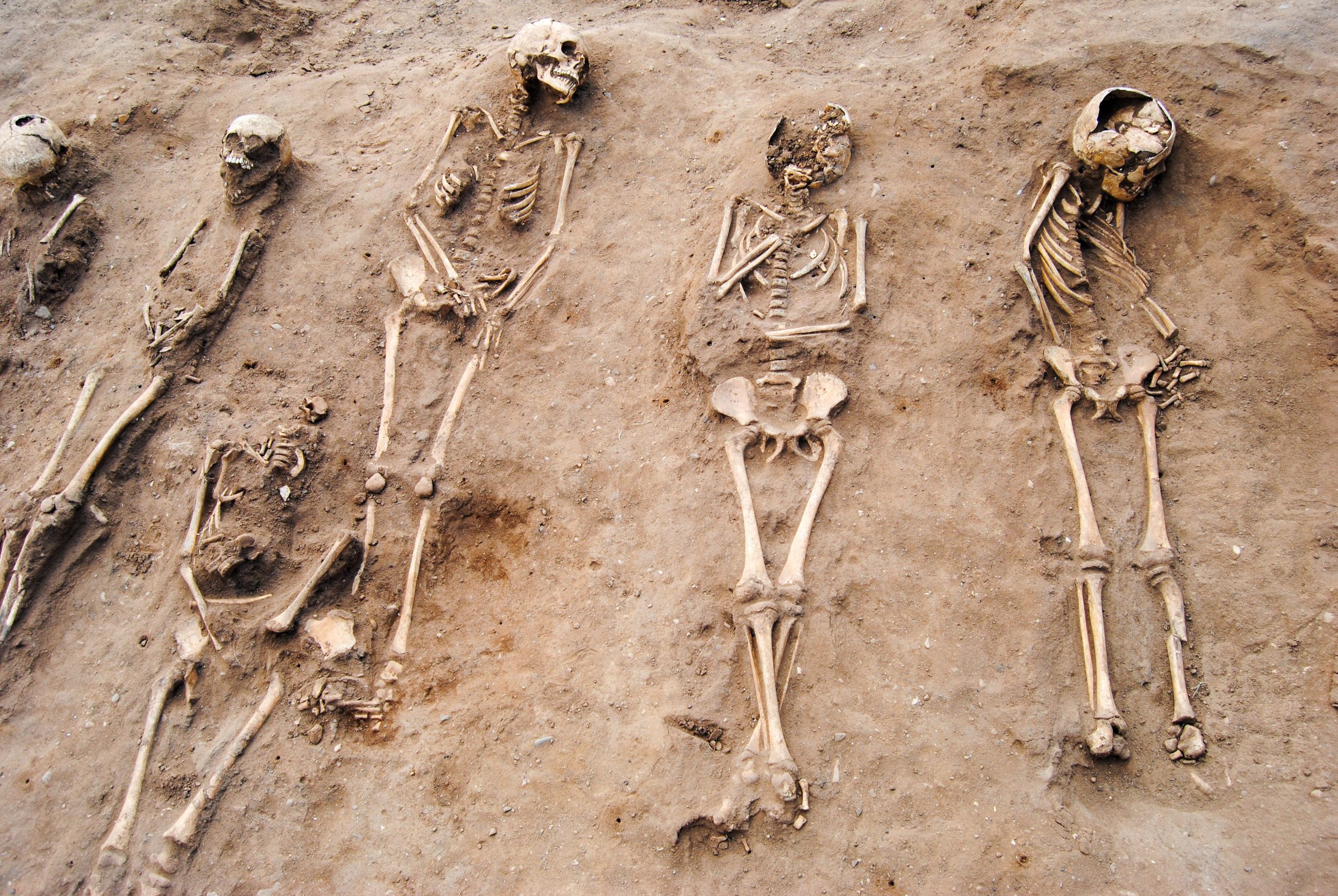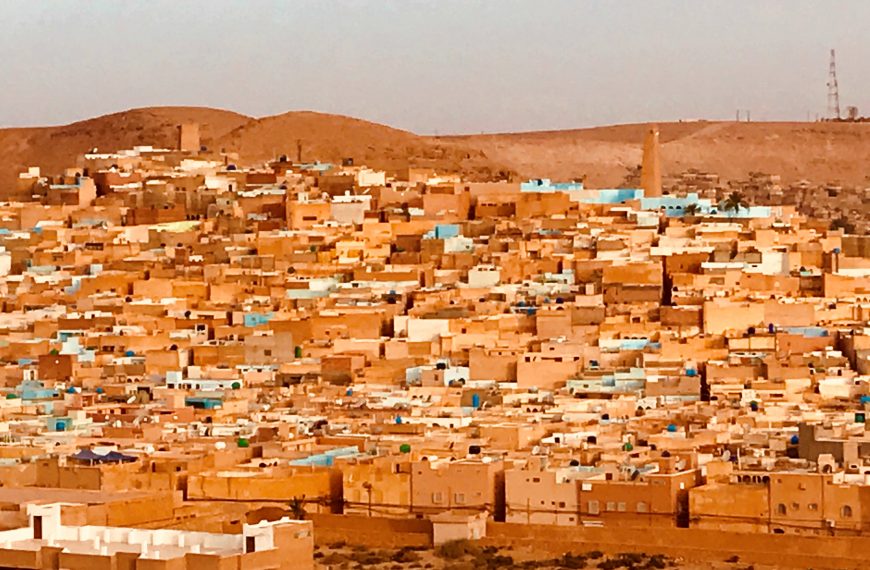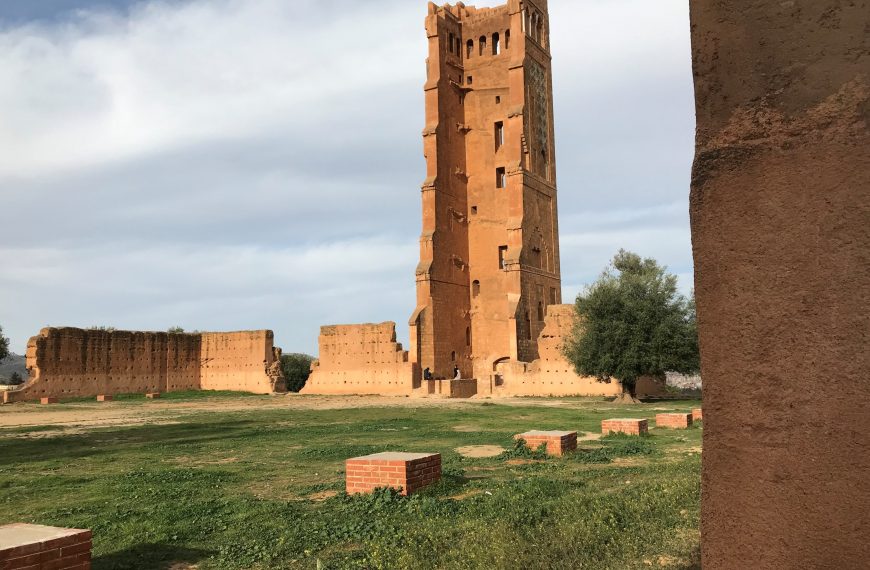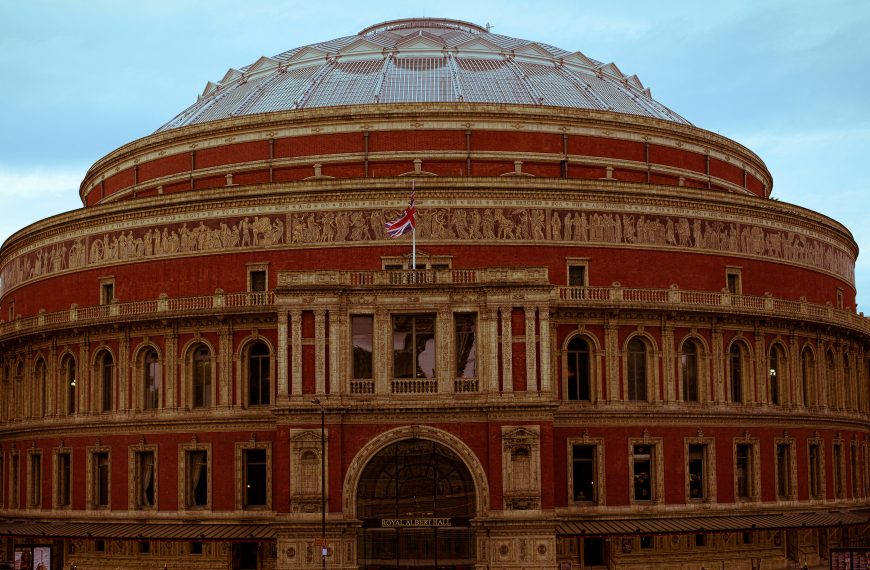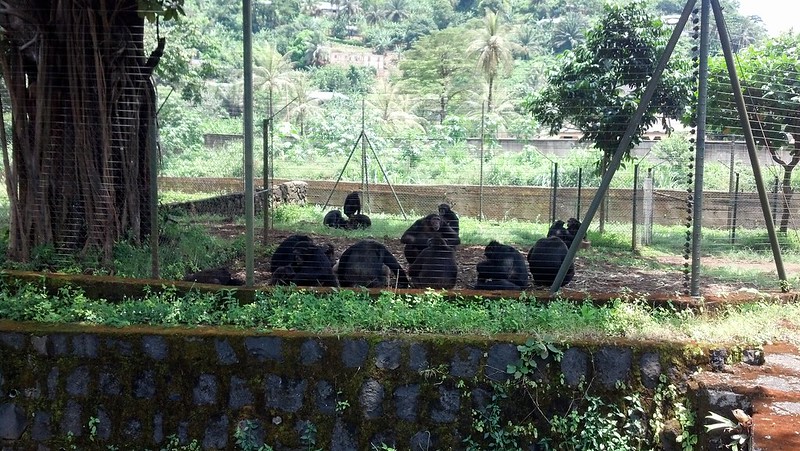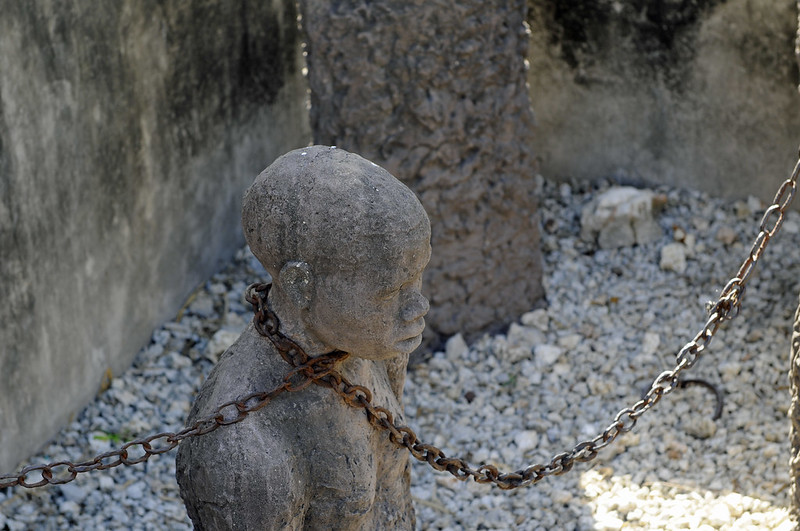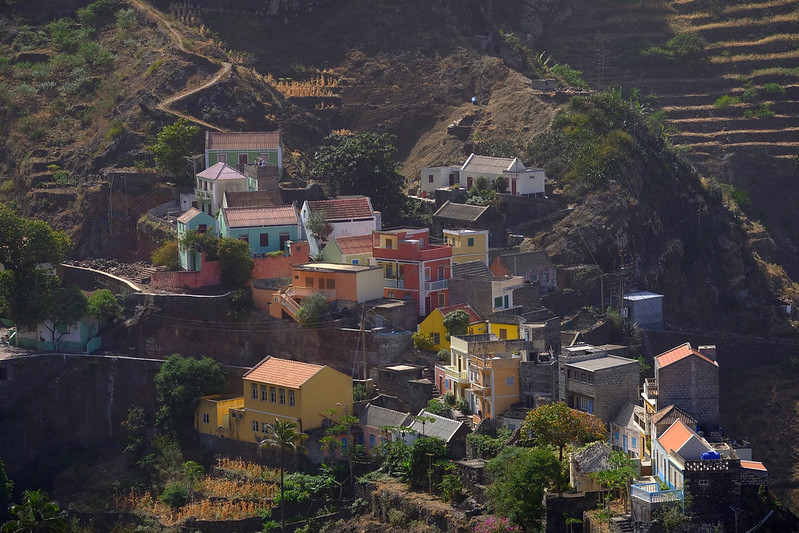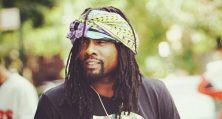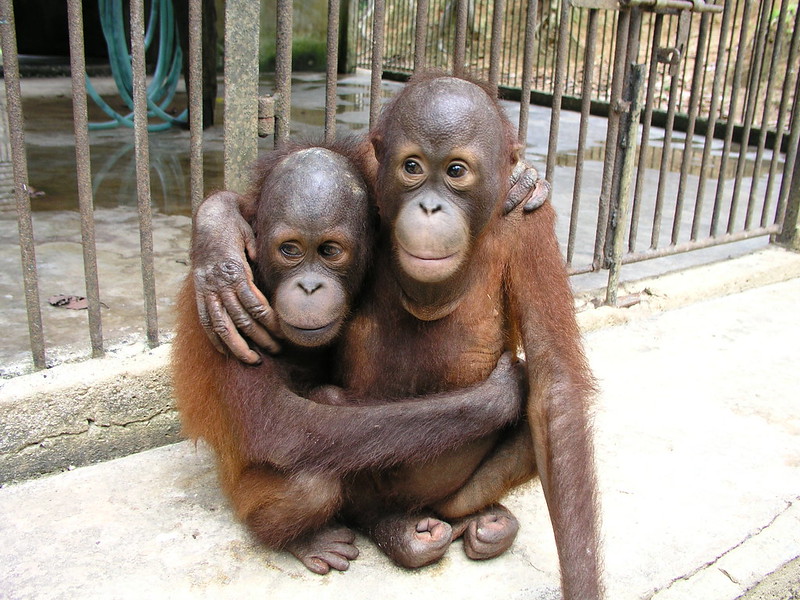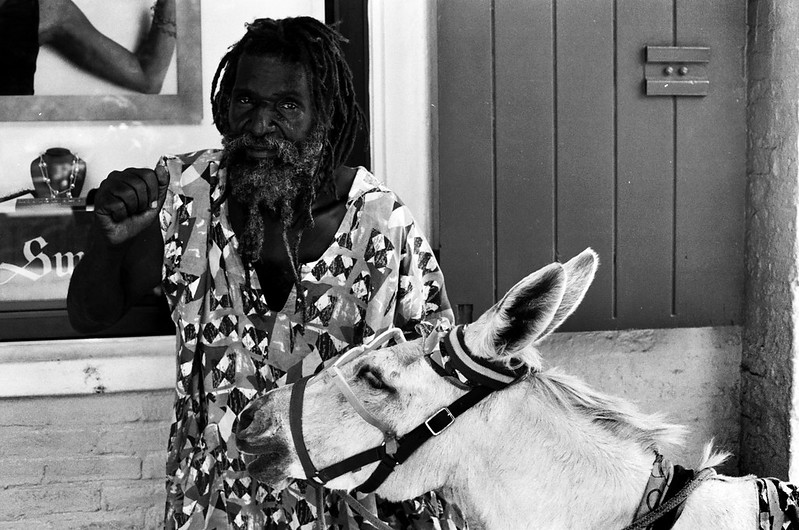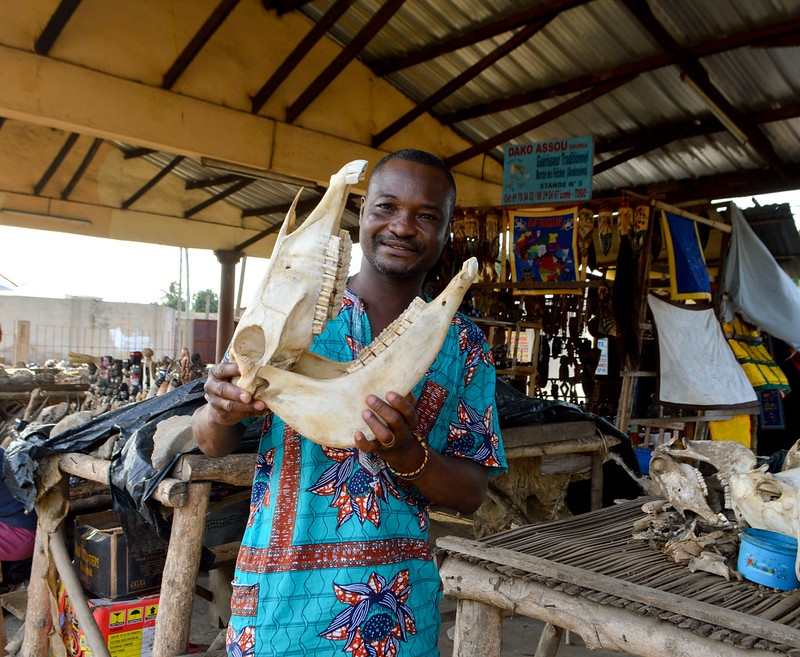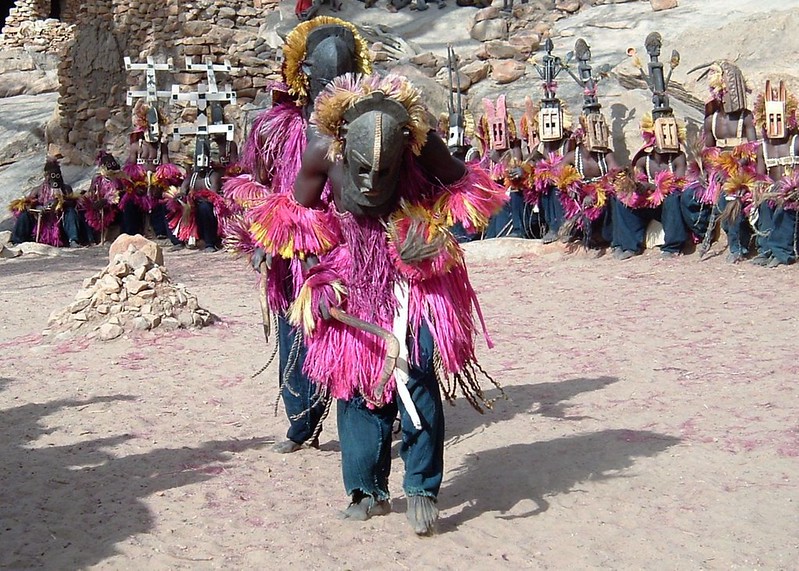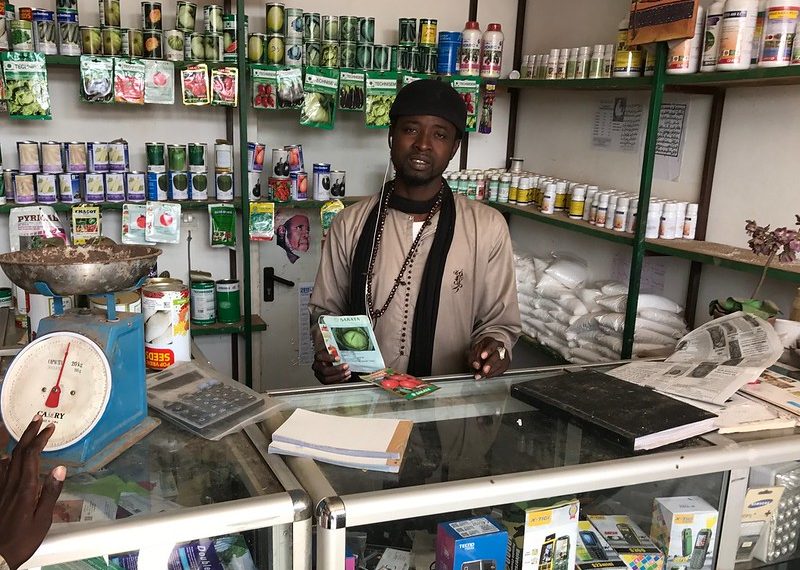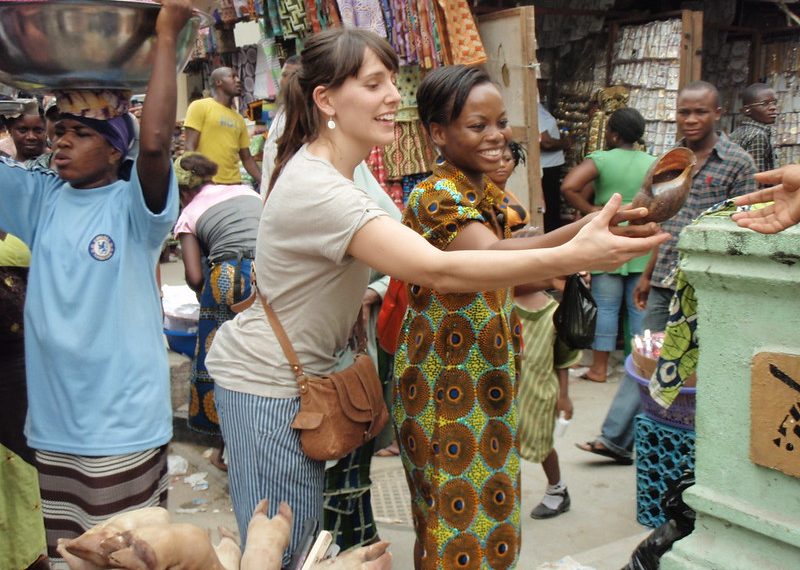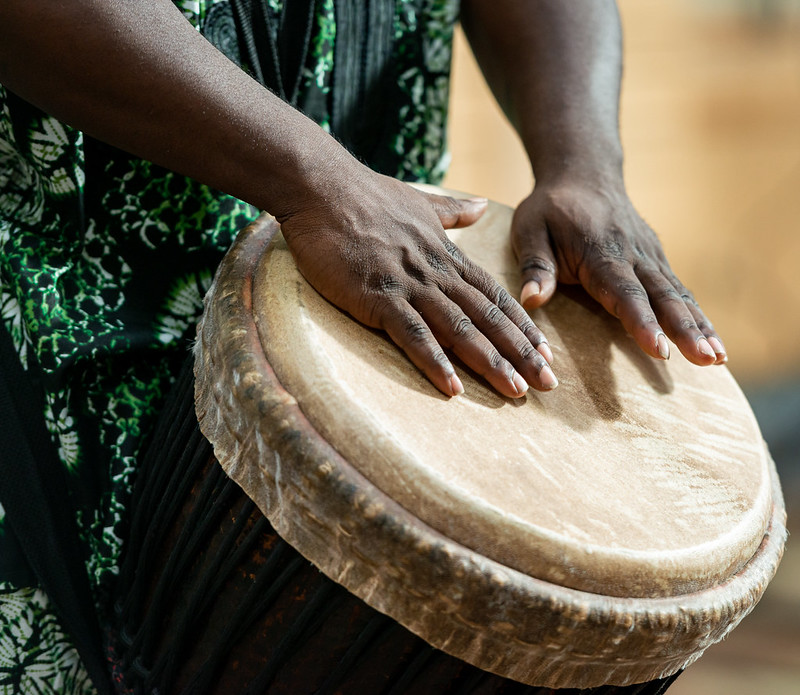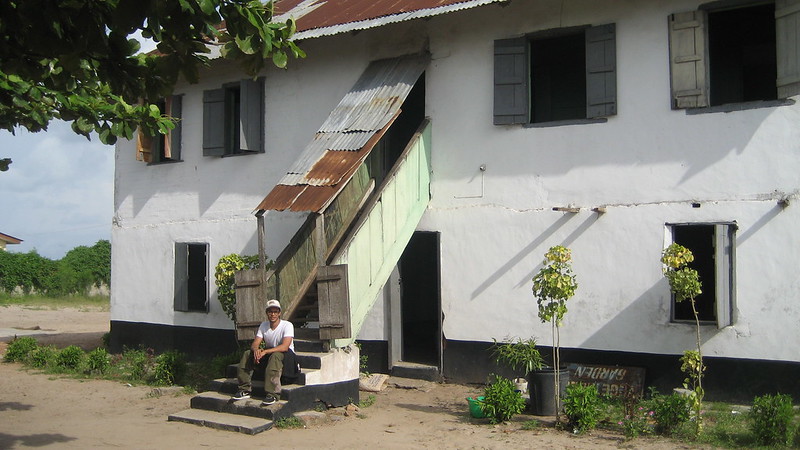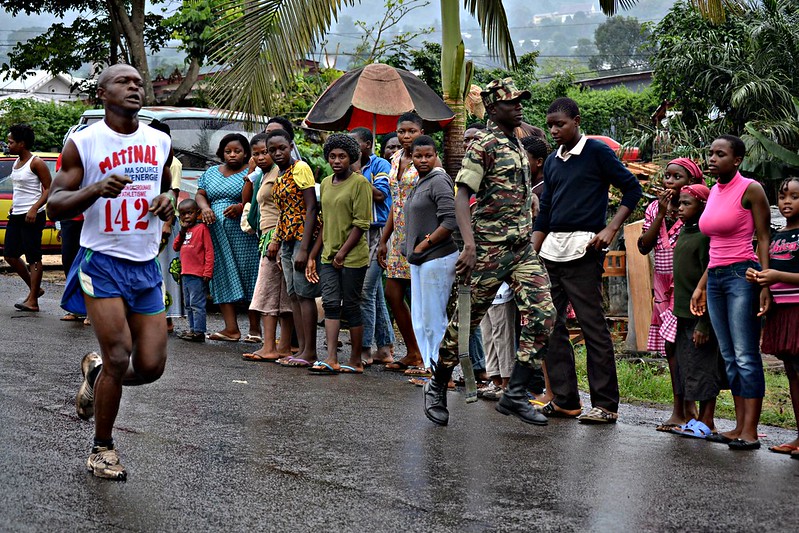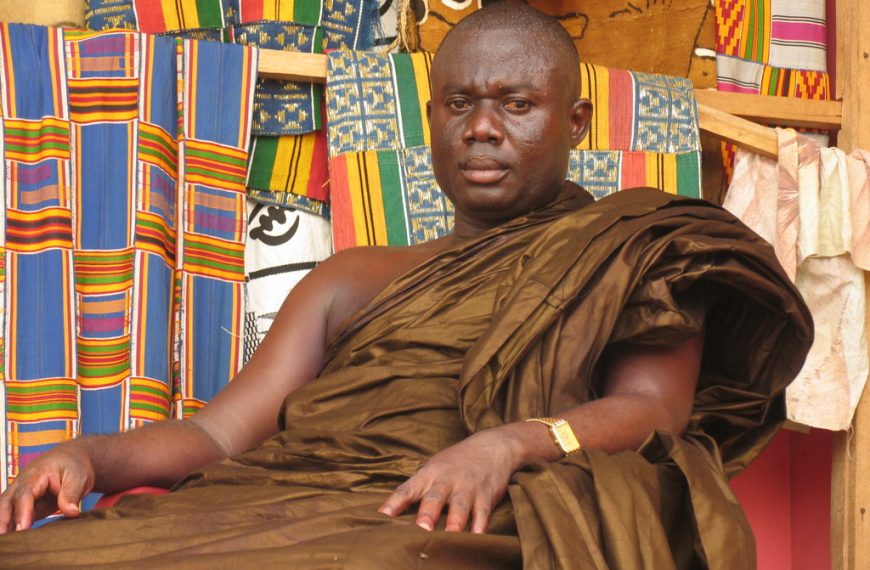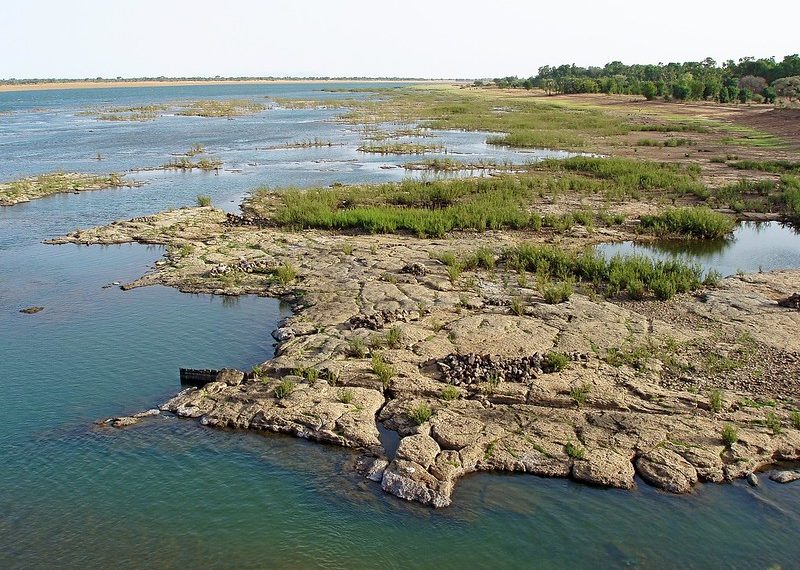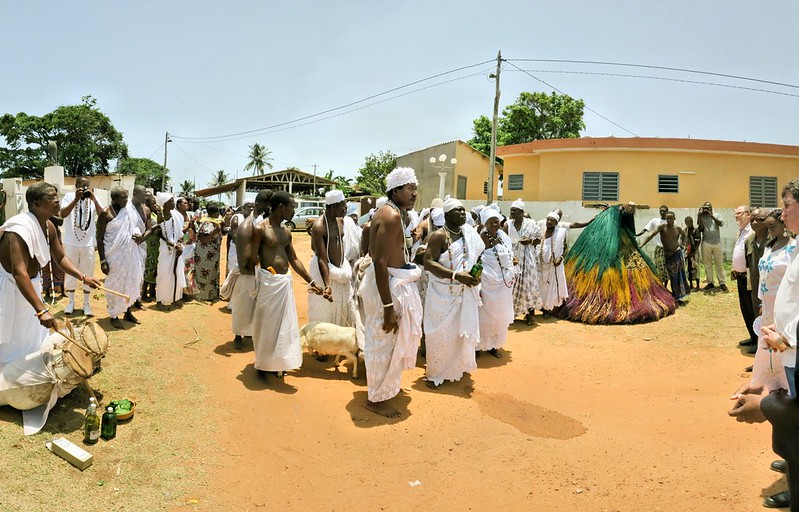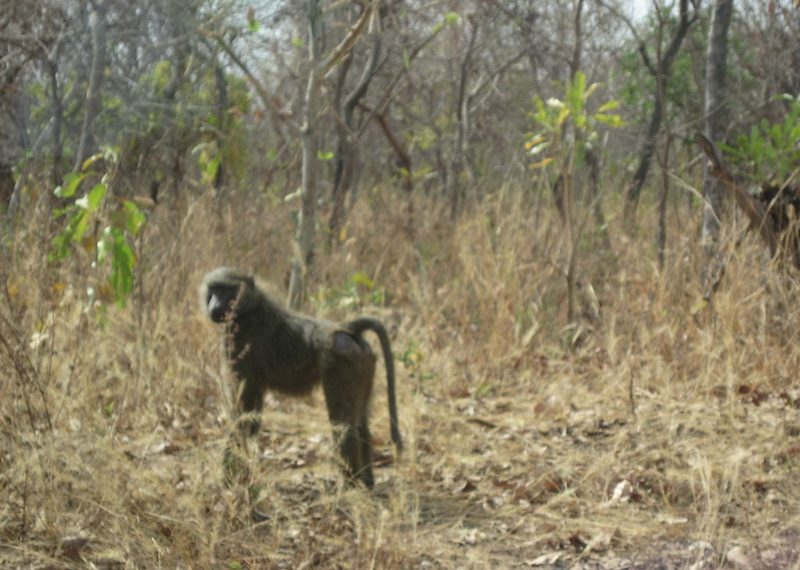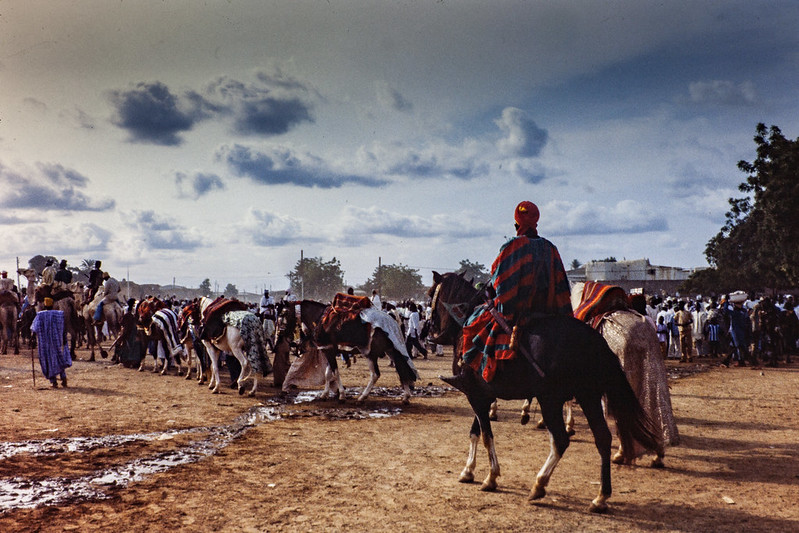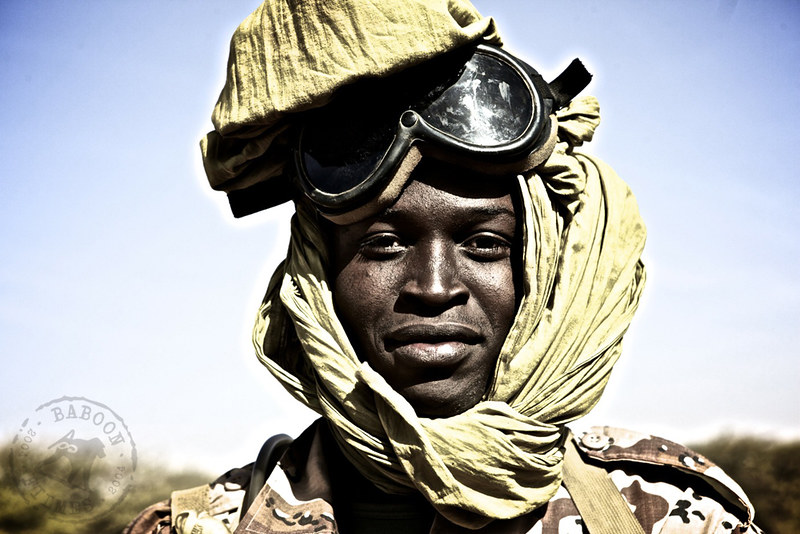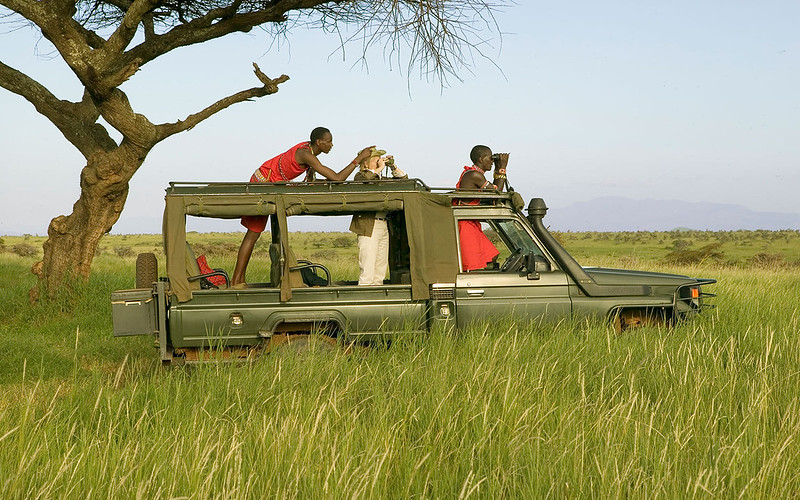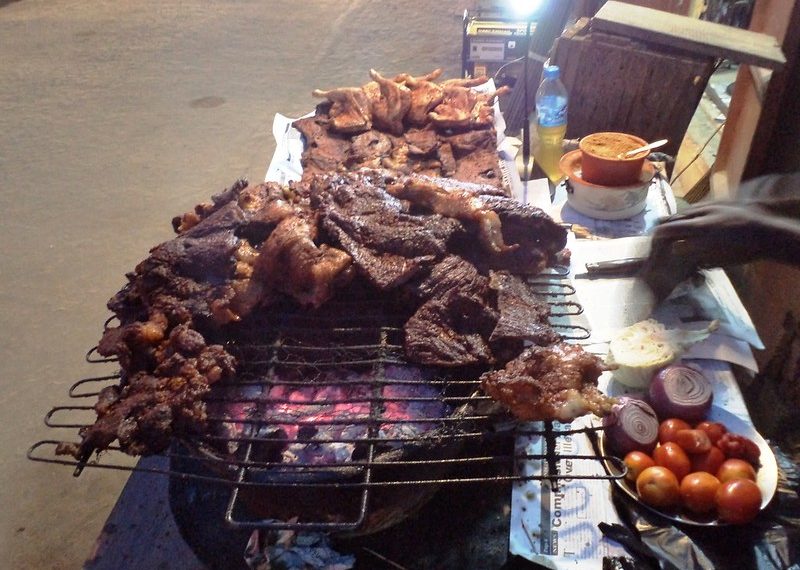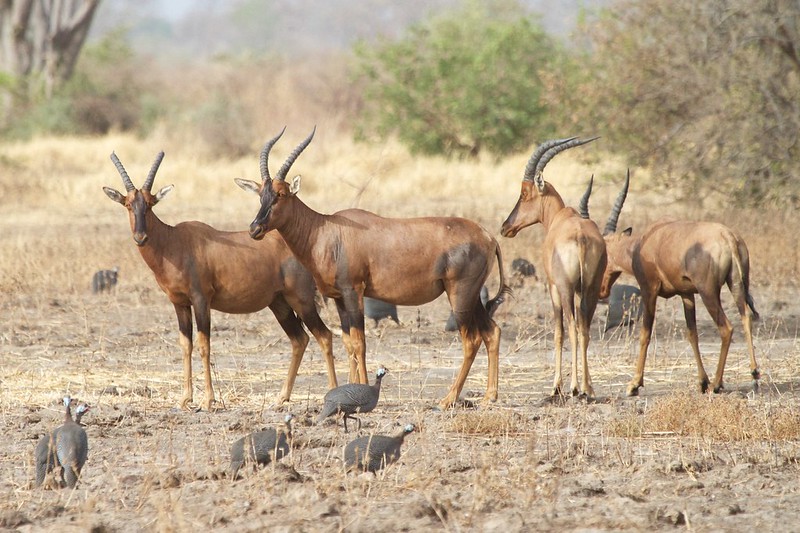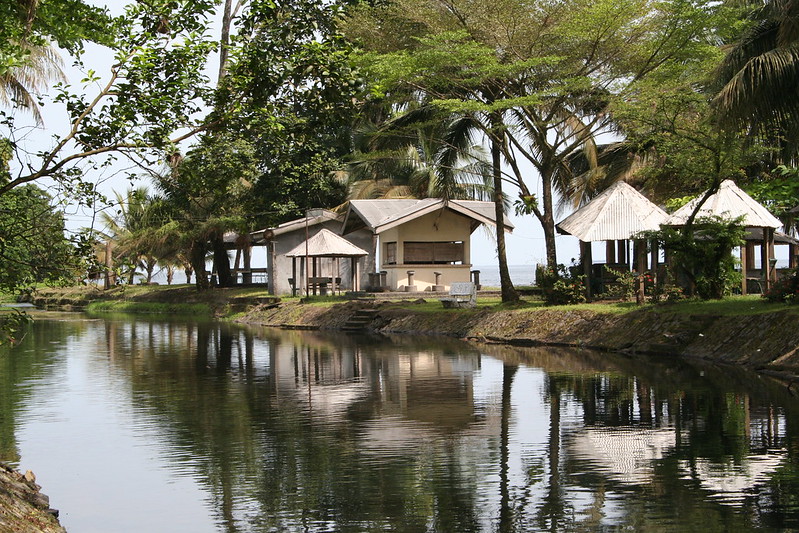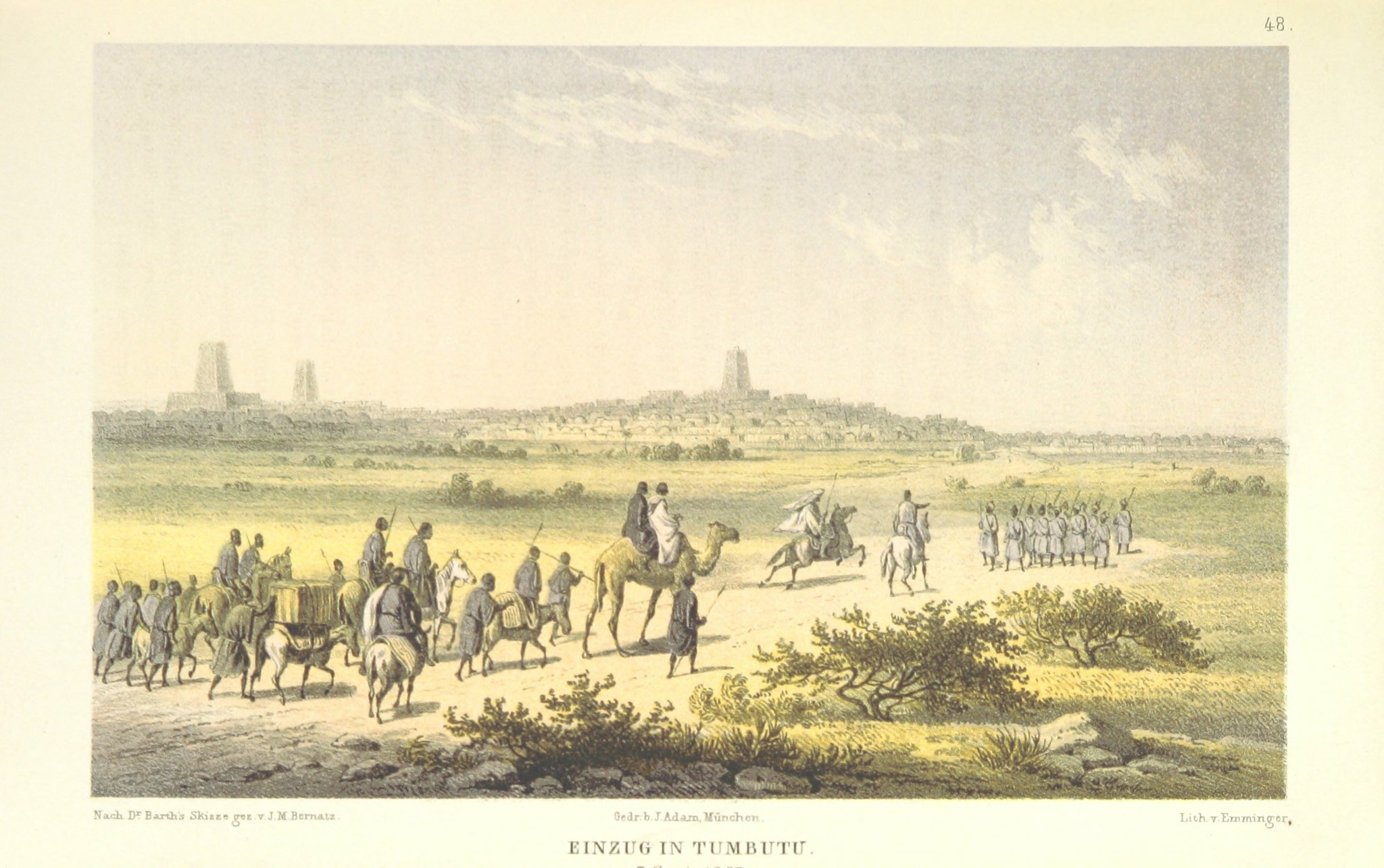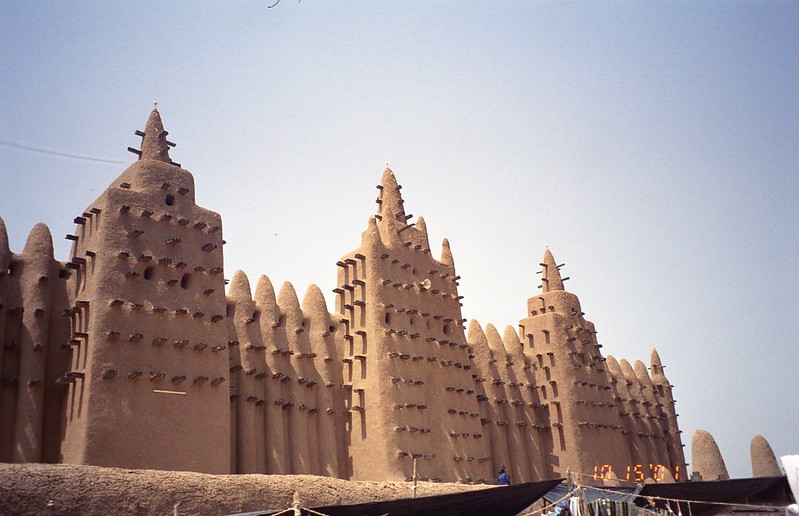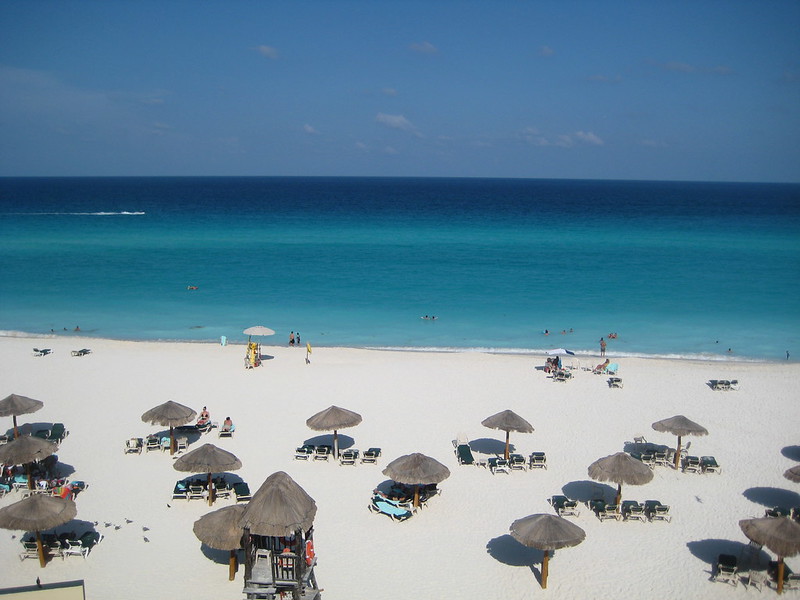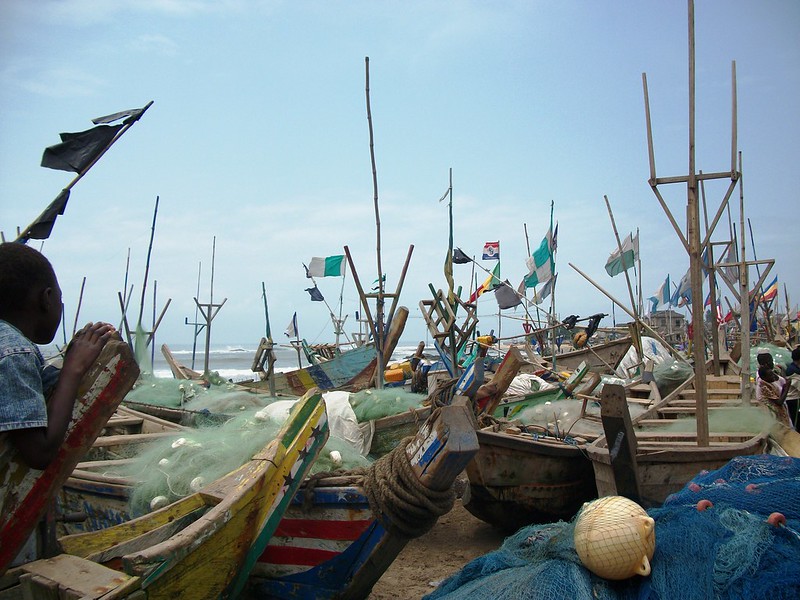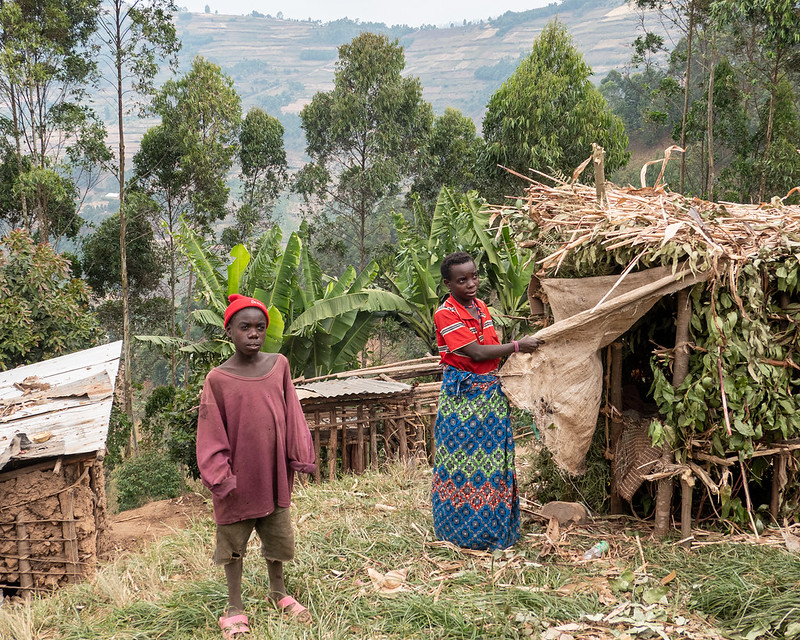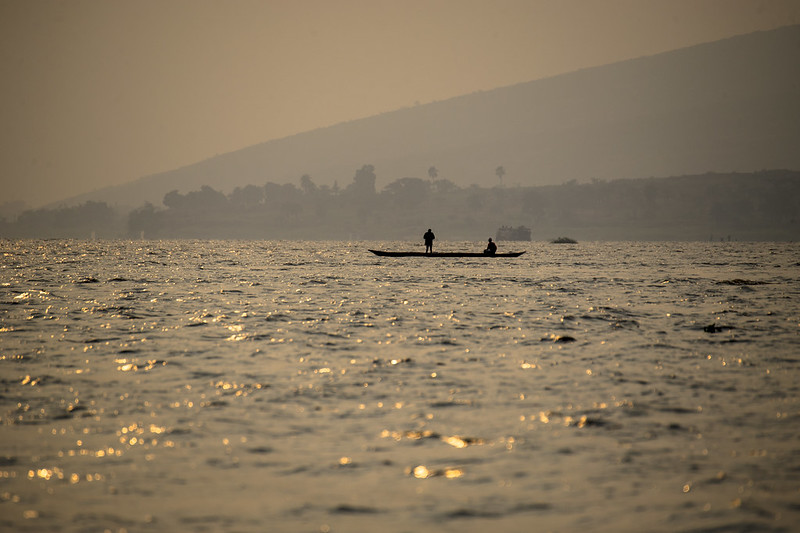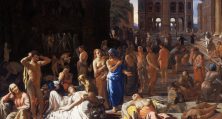More info & History: 50 Years of Nigerian Independence by the BBC
MUST SEE & DO:
- Lagos – The commercial capital of West Africa, Lagos is a spirited, bustling place with a population of 10 million. The city has an excellent nightlife, many street markets, and a decent National Museum. If you take basic safety precautions you’ll enjoy urban Africa at its most vibrant.Yankari National Park – Nigeria’s most popular national park is located in the savanna of the north-east. Yankari is a popular eco-destination, with lots of wildlife including elephants, and wonderful hot springs.Jos – Recently wracked by violence, Jos is really a very pleasant city with an interesting museum and small wildlife park where pygmy hippos are the main attraction. The climate is nice and cool and who would miss a chance to visit a cityKano – the main city in northern Nigeria has lots of interesting sights for visitors, including traditional Hausa homes, markets, mosques, the emir’s palace, and original dye pits.
Complete List of Nigeria’s tourist attractions: http://www.motherlandnigeria.com/tourist.html
When to go
Varies from area to area. The southern coast is hot and humid with a rainy season from March to November. During the dry season, the Harmattan wind blows from the Sahara. The north’s rainy season is from July to September. Nights can be cold in December and January.
TRAVEL
Travel Alert: The UK Foreign and Commonwealth Office recommends against all travel to some areas and against non-essential travel to others, please check with your relevant national government.
Nigeria’s International Airports: Murtala Mohammed International Airport (Airport code: LOS) lies 14 miles (22km) north-west of the city of Lagos, and is the main entry point into Nigeria for foreign visitors.
The main airline is Virgin Nigeria (website: www.virginnigeria.com)
HEALTH
The government-provided health care facilities are of a poor standard and are subject to shortages of drugs, equipment, materials and even electricity. It is advisable to take a sufficient supply of drugs or medication to meet personal needs.
However, there are some adequate private facilities where the standards approach those of Europe. Doctors and hospitals often expect immediate cash payment for health services. Medical insurance is essential.
All water should be regarded as being potentially contaminated. Water used for drinking, brushing teeth or making ice should have first been boiled or otherwise sterilised. Milk is unpasteurised and should be boiled.
Vaccinations against meningococcal meningitis, tuberculosis and hepatitis B are sometimes recommended. (Source: World Travel Guide)
OUR ITINERARY
We begin our journey in the capital of Lagos, an anarchic and electric city with a vital night life. Responsible for giving us Afro Bati, Juju, and Fuji music among other genres. We visit the Shrine, a world famous night club and get a lesson on the Nigerian drums.
Leaving Lagos we visit the south west of the country known as Yoruba Land, once home to one of the most powerful empires on the West African coast, and believed to be home to Queen Sheba’s tomb. In Oyo, we visit the Calabash Carvers in the local market and meet witch doctors who explain traditional charms.
In Oshobogo, the centre of Yoruban art we visit the massive sculptures and monumental shrine to the River goddess Osun. Northern Nigeria is the territory of the Fulani people and is predominantly Islamic. We visit the walled old cities ofZaria, Katsina, and Kano which is the oldest city in West Africa. Fifty thousand worshippers attend Friday prayers here at the central mosque. We hunt for bargains in the ancient Kurmi Market, a maze of alleyways and lanes. The Fulanis are a tall, aristocratic tribe, who weave their hair into plaits and mark their bodies and faces. We visit a traditional Fulani village in Chafe.
We end our journey in the eastern highlands of the country, home to deep wooded valleys, waterfalls, the largest mountain in Nigeria, and where at least 4 separate gorilla populations have been discovered in recent years. Then, we take to the hiking trails and spot a rare mountain gorilla.
PRACTICAL INFO
Area: 923,768 sq km (356,700 sq miles)
Population: 160 million (World Bank, 2012)
Capital City: Abuja
Other Major Cities: Lagos, Ibadan, Kano and at least 7 other cities with a population of over 1 million
People: Hausa/Fulani, Yoruba, Igbo, Ijaw and some 250 ethno-linguistic groups
Language(s): English (official) but Hausa, Yoruba, Igbo are also used in the National Assembly
Religion(s): Muslim, Christian and traditional
Currency: Naira (NGN)
Visas: You must hold a valid passport to enter Nigeria. U.S. citizens require a passport and a visa for entry to Nigeria. Please contact your local Nigerian embassy for information on Visa’s for entering the country.
Where the Crew Stayed
Bogobiri House
http://www.bogobiri.com/
Based in the upmarket area of Ikeja Bogobiri House is not only an oasis of calm in the hectic city of Lagos it’s also conveniently placed for most attractions and a hub of creative activity. You’ll be sharing the happening restaurant/ bar with the crème de la crème of the local arts scene, foreign correspondents and media types, and there’s live music on Wednesdays and Fridays. Each room is individually designed by the owner Tola Olateru-Olagbegi
Sheraton, Lagos
Rock and Garden Hotel, Lokoja
Sheraton, Abuja
Le Chateau, Calabar
Amber Tinapa, Calabar
USEFUL REFERENCES
